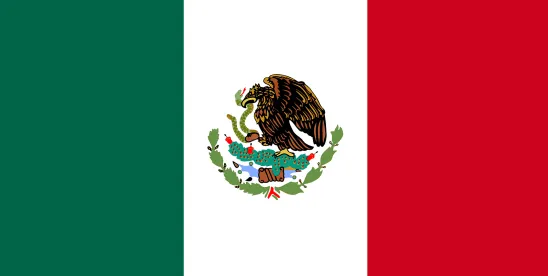Overview of Recent Legal Reforms
Mexico’s legal landscape is undergoing significant changes. On Dec. 20, 2024, the Mexican Legislature published a decree amending the Federal Constitution (the “Constitutional Reform”). As part of this reform, the Mexican Competition Commission and the Federal Telecommunications Institute will be dissolved, and their competition-related functions will be transferred to a new government entity.
On June 30, 2025, the Mexican Legislature approved a draft decree with proposed amendments to the Competition Law (the “Reform”), which is pending publication in the Federal Official Gazette. The Reform introduces several changes to merger control procedures.
Creation of the National Antitrust Commission / Merger control
Under the Constitutional Reform and the Reform, all concentrations subject to merger control—regardless of the market—will be overseen by the new National Antitrust Commission (Comisión Nacional Antimonopolio).
Lowered Notification Thresholds for Merger Control
Notification and approval will still be required before closing a transaction if it meets certain monetary thresholds. The Reform lowers these thresholds, meaning more transactions will require merger control clearance. The proposed new thresholds are:
- If the transaction value exceeds MXP $1,810,240,000 (previously $2,036,520,000); and/or
- If the transaction results in acquiring 30% (previously 35%) or more of the equity or assets of an entity with annual sales or assets in Mexico exceeding MXP $1,810,240,000 (previously $2,036,520,000); and/or
- If the transaction involves acquiring equity or assets in Mexico over MXP $837,236,000 (previously $950,376,000), and the combined Mexican annual sales or assets of the parties exceed MXP $4,525,600,000 (previously $5,430,720,000).
Timing and Conditions for Merger Control Clearance
Transactions will continue to require merger control clearance before any of the following occur:
- The transaction is completed, or its conditions precedent are fulfilled;
- Control is acquired, directly or indirectly;
- An agreement involving the concentration is signed, unless merger control clearance is set as a condition precedent; or
- In successive multi-step transactions, before the last step that pushes the transaction above the thresholds is effective. Exceptions to Merger Control Clearance
The following transactions are exempt from merger control clearance under the new law:
- Corporate restructurings involving entities within the same economic group, with no third-party involvement.
- Acquisitions by a shareholder resulting in an increased stake in a company it has controlled since its formation or since such investment was authorized by the authority.
- Transfers of assets or shares to a guaranty trust (other than for transfer to a third party), except if the execution of a guarantee trust triggers the monetary thresholds.
- Acquisitions by investment companies buying publicly traded shares or securities, except if the acquirer gains “significant influence” over the target.
- Acquisition of less than 10% of shares in publicly traded companies, except if the acquirer gains board appointment rights, voting power, or influence over management or strategy.
Elimination of Certain Exceptions
The Reform eliminates two previously existing exceptions related to foreign transactions and purely speculative investment funds. The removal of the exception for foreign transactions is not expected to have a significant impact because transactions undertaken abroad between non-Mexican parties not participating in the Mexican market are beyond the scope of Mexican law. However, the removal of the second exception, which addressed purely speculative investments, introduces greater complexity and will require more thorough analysis before proceeding with such transactions.
Shortened Review Timeframes
The Reform reduces from 60 business days to 30 business days the timeframe for the authority to allow, condition, or deny a concentration. However, this change may be largely symbolic, as the authority can still determine the date when the review period begins. The effectiveness of the new regulation will depend on whether the authority has sufficient resources to review cases efficiently and adheres strictly to the legal deadlines, without using procedural tactics to extend its review time.
Negotiation Process for Transaction Conditions
The Reform establishes a clearer process for negotiating conditions to prevent notified transactions from reducing, damaging, or preventing competition. Once conditions are submitted, the review period is suspended, and the conditions may be amended until the day after the matter is scheduled for resolution.
Transition Provisions
According to the transitory provisions of the Reform, the current Competition Law will remain in force, and Mexican Competition Commission will continue to operate until the commissioners of the National Antitrust Commission’s Plenary (decision-making body) are appointed and the Plenary is fully integrated with all the commissioners of the new agency. The new thresholds, deadlines, and exceptions will apply once the Plenary is formally established.








 />i
/>i
